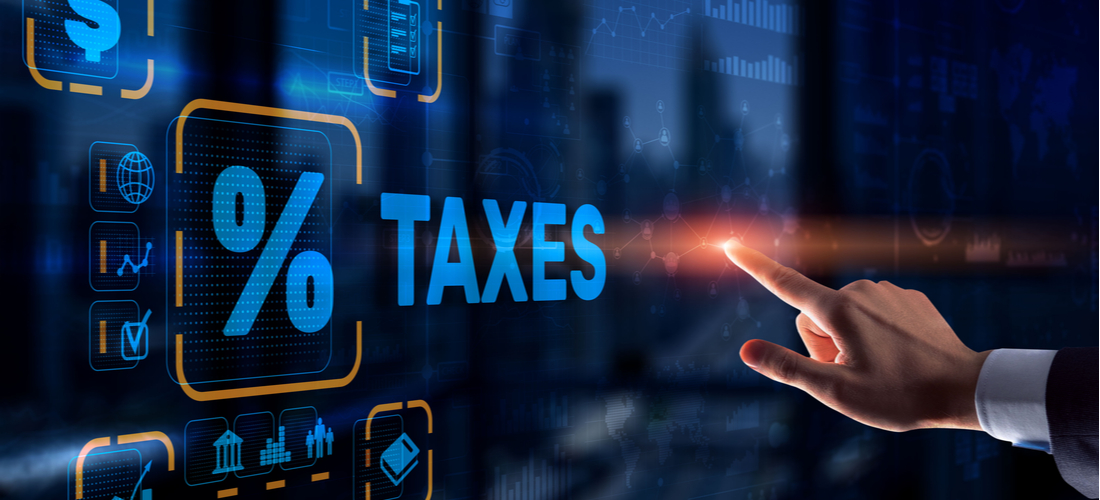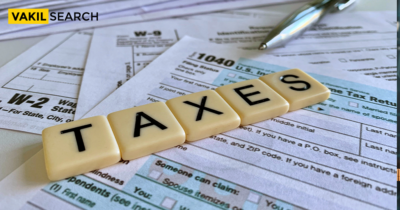Professional tax is paid to an individual working in India to the state government where the citizen resides. There are many doubts regarding professional tax. Hence the FAQs are answered efficiently. One must pay the taxes on time and make the taxation process quick. Delay in the professional taxes can lead to penalties and may impose interest rates on the tax to be paid.
Professional tax, imposed by various state governments in India, is a financial obligation for working-class professionals across different occupations. Engineers, teachers, accountants, artists, and others are required to pay this tax to the respective state government. This guide delves into the intricacies of professional tax, highlighting its significance, calculation methods, and the importance of timely payments to avoid penalties and interest rates. Learn more about FAQs – Professional Tax Registration in this article
Key Insights:
-
Taxation Based on Occupation:
– Professional tax Registration is not a uniform tax across occupations; rather, it varies based on the type of profession one is engaged in.
– Different categories of professionals, such as engineers, teachers, accountants, artists, etc., fall under the purview of professional tax in various states.
-
Timely Payments to Avoid Penalties:
– Timely payment of professional tax is imperative to evade penalties and interest rates imposed by state governments.
– In Karnataka, for instance, the interest rate on late tax payments is 1.25%, and penalties can escalate to 50% of the total tax amount.
-
State-Specific Tax Calculation:
– The calculation of professional tax varies from state to state, with each state having its own set of rules and regulations.
– Different tax slabs are established by each state, contributing to the diversity in the tax calculation methodology.
-
Monthly Installments:
– Professional tax is paid in twelve monthly installments, with the highest installment typically occurring in February, the month of inception.
– Understanding the monthly instalment structure aids professionals in planning their finances and ensuring timely payments.
FAQs – Professional Tax Registration
- What is Professional Tax?
Professional tax is a direct tax levied by state governments on individuals engaged in employment or various professions. It is an essential financial obligation, with the responsibility falling on the citizen to pay taxes promptly.
- How is Professional Tax Calculated?
The calculation of professional tax varies from state to state, and the amount is often based on income slabs. Understanding the specific rules and regulations of the state in which one resides is crucial for accurate calculation.
- To Whom Does Professional Tax Apply?
Professional tax applies to individuals working in various professions, including but not limited to doctors, teachers, lawyers, and chartered accountants. Employers deduct this tax from their employees’ salaries and remit it to the state government. Professionals without a regular salary must pay the tax directly to the government.
- What Happens if Professional Tax is Not Paid on Time?
Timely payment of professional tax is imperative. Delays in payment can lead to penalties and accrual of interest on the outstanding tax amount. To avoid financial repercussions, it is crucial to adhere to the specified timelines for tax payment.
- Are There Exemptions from Professional Tax?
Certain individuals are exempt from paying professional tax. This includes parents or guardians of children with permanent or mental impairments, individuals with permanent physical handicaps such as blindness, those above 65 years, armed services members, and women employed under specific schemes.
- Which States and Union Territories Impose Professional Tax?
Professional tax is currently applicable in 21 states and UTs in India, with rates and slabs varying among them. States and union territories like Arunachal Pradesh, Himachal Pradesh, Delhi, and others do not impose professional tax.
- How Can Professional Tax Registration Be Done?
Employers are required to register for professional tax within 30 days of hiring new employees. Professionals in various fields must register within 30 days of commencing their practice. The registration process may differ across states, necessitating compliance with individual state laws.
- What Are the Consequences of Non-Compliance with Professional Tax Regulations?
Non-compliance with professional tax regulations can lead to penalties, fines, and interest charges. The penalties are determined by the specific regulations of each state. Late registration, delayed tax payments, or failure to file returns on time may result in financial repercussions.
- Who is supposed to pay professional tax as an employer?
Every employer is supposed to deduct the professional tax from the employee’s wages or salary and pay it to the government, as per the Profession Tax Act.
- Who is required to get the Certificate of Registration (RC)?
Every employer who pays the professional tax to the government by acquiring it from the employees is supposed to get a Certificate of Registration (RC).
- When does the employer become liable to pay the tax?
The liability date is when the employer pays the wages to the employees and collects the tax by deducting it from the salaries for the first time.
- What comes under the scope of wages and salary?
Salary or wages includes the basic payment, dearness allowance, house rent allowances, and other remunerations paid to an employee regularly. This also includes the other incentives and the profits earned regularly for more than 180 days.
- What is the specified time the employer can pay professional tax?
The employer can pay the tax by the 21st day of the following month. In case of any delay in the tax payment process, it can lead to interest on the tax, which can be more than 1%.
- How can an individual pay professional tax?
One can pay the tax with the help of the GRIPS portal. The employer must pay the tax after getting the certificate of enrollment from the GRIPS portal against the registration number.
- On obtaining a certificate of registration, should the individual file return?
Yes. After getting the certificate of registration, the individual must file a return.
- On obtaining the registration certificate, how can one file a return?
One can file the return online with the help of a specific website. Also, one must submit a hard copy after paying the tax. Late submission results in a penalty of INR 200 for the first month; later, it is kept constant and is INR 100.
- What categories of people are supposed to pay the tax?
The people of the following categories are liable to pay the taxes: – firm, company, Hindu undivided family, society, corporation, club, association, or some other corporate body.
- If the employer is registered under MVAT Act, is it necessary to register for the professional tax Act?
Yes. An employer must register for the tax Act who has registered for the MVAT Act. But he must have employed one or more persons with a salary of more than INR 5,000.
- What is the last date to obtain the certificate of registration from the employer?
Per the rules and regulations, the last date to apply for the certificate of registration is the thirtieth day from the day the employer becomes liable to pay the taxes.
- What are the penalties for filing wrong information?
The penalties under section 5(6) as per the professional tax Act impose that an individual is supposed to pay three times the tax as a penalty to the state government, for filing wrong information.
- How much professional tax is to be paid by an individual?
The professional tax is to be paid based on rule 2(7) of the professional tax Act.
- What is the specified interest rate for late payments?
For the tax, which is paid late, the interest rate is 1.25% per month of the taxable amount.
- Are self-employed persons supposed to get the enrolment certificate?
There are specific occupations for which self-employed workers are supposed to get the enrollment certificate, and certificate of registration, and pay the taxes on time.
- Are medical practitioners supposed to pay professional tax?
Yes. They are also supposed to pay professional tax based on their taxable limits.
- What is the facility to make lump sum payments for the professional tax?
Yes, the employer can pay a lump sum tax for a couple of years, and get benefits based on it. this depends from state to state as per the different laws.
- Who is examined under the professional tax Act?
The employer of a firm is examined in the Professional Tax Act.
- Can parents of physically handicapped children get an exemption from the professional tax?
Yes, the parents and guardians of physically handicapped children are exempted from the tax.
- Who is liable to pay professional tax?
All working-class professionals, including engineers, teachers, accountants, and artists, are liable to pay professional tax to the state government.
- What are the consequences of late tax payments?
Late tax payments may result in penalties and interest charges. In Karnataka, the interest rate is 1.25%, and penalties can range up to 50% of the total tax amount.
- Why is the February installment higher?
The February installment is typically higher as it marks the inception of the professional tax cycle. Professionals should plan accordingly to meet this higher monthly obligation.
The Takeaway
Employers and self-employed individuals are encouraged to seek guidance from legal firms to stay informed about tax regulations and access the latest updates. Among the myriad of law firms available online, Vakilsearch stands out as a reputable Indian legal firm specializing in providing comprehensive information about taxes and their diverse norms.
Vakilsearch offers a range of services, including assistance in filing Income Tax Returns (ITR), legal tax-saving strategies, and various other legal and compliance services. As India’s leading legal, tax, and compliance services platform, Vakilsearch has successfully served over 50,000 customers, yielding positive results. Notably, we have even registered a substantial percentage, at least 10%, of the total companies in India, thereby establishing our credibility and efficiency.
Reach out to us today!
Read more,









